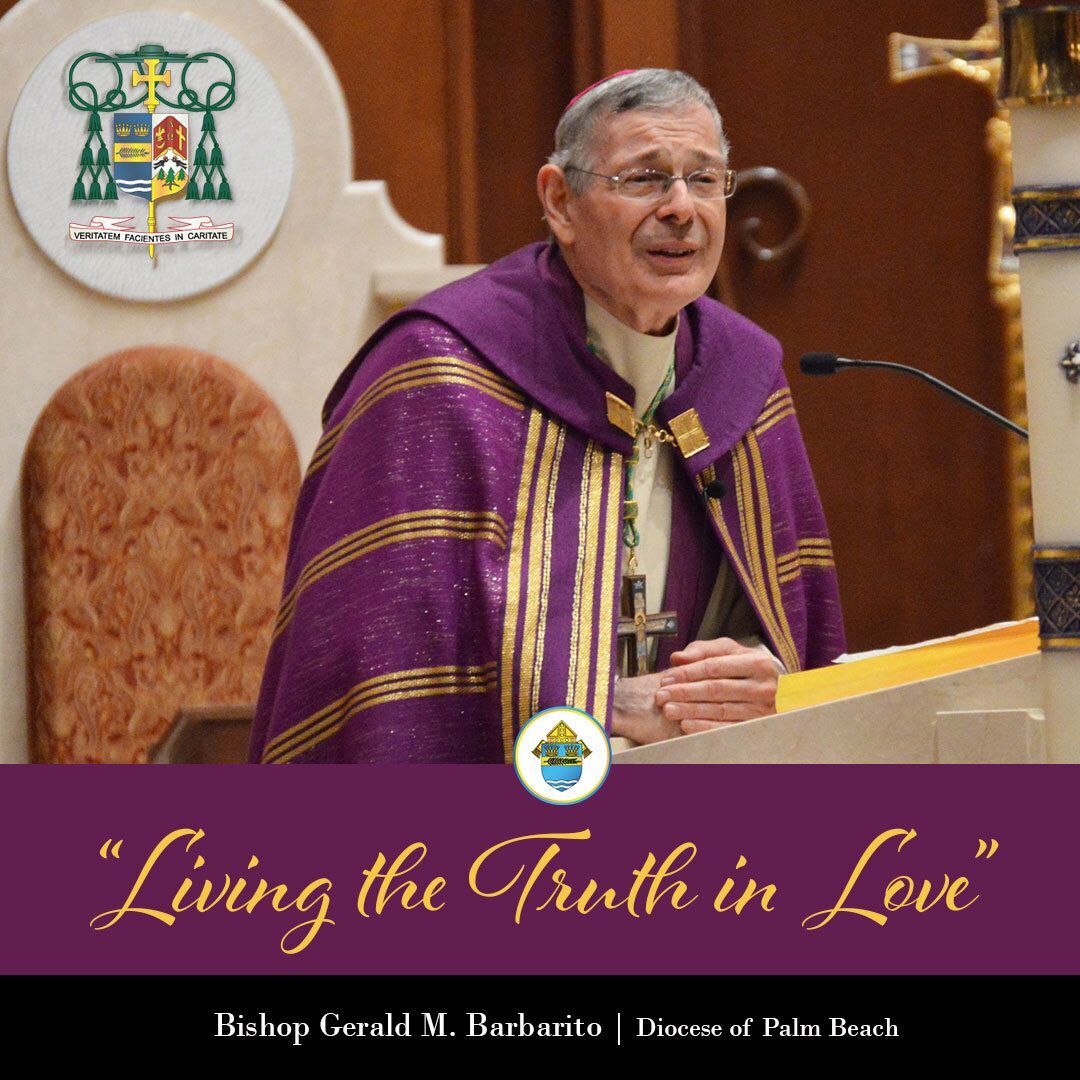
Nov. 22, the day before Thanksgiving this year, is the 60th anniversary of the assassination of President John F. Kennedy in Dallas, Texas. Shortly before the tragic day, President Kennedy issued a message to the nation in the form of his Thanksgiving proclamation. In it, he urged that on Thanksgiving we should, “Gather in sanctuaries dedicated to worship and in homes blessed by family affection to express our gratitude for the glorious gifts of God; and let us earnestly and humbly pray that He will continue to guide and sustain us in the great unfinished tasks of achieving peace, justice and understanding among all men and nations and of ending misery and suffering wherever they may exist.” He further urged that, “As we express our gratitude, we must never forget that the highest appreciation is not to utter words but to live by them.” His words expressing the nature of gratitude to God for what He has given us and to live by those words of gratitude are so important for our nation and world today.
The first Thanksgiving was celebrated in gratitude for the fruits of the earth, new friendships that were forged, as well as the freedom and opportunity that coming to these shores brought. Despite the hardships, sacrifices and losses which the Pilgrims faced on their journey here, they were grateful to God for what they had. Since that time, through its formal proclamation as a holiday in our nation by Abraham Lincoln, the celebration of Thanksgiving is truly a hallmark of our nation. It is also a hallmark of our nation’s recognition that all gifts, especially that of life, come from God.
Gratitude is one that is part of God’s very nature. Gratitude is an expression of love. God is love and for all eternity gives Himself away and literally sacrifices Himself. It is that love which is His life as a Community of Persons — Father, Son and Holy Spirit. In their eternal expression of love for each other, the Persons of the Trinity also express gratitude to each other. That gratitude was so often reflected in the life of the Incarnate Son, Jesus Christ, who always prayed to His Father in a stance of thanksgiving.
At this time of Thanksgiving, it is well for us to reflect upon Christ’s giving thanks to His Father, which reflected both His human and Divine gratitude. When He performed the miracle of multiplying bread for the crowd, we are told that He first gave thanks to His Father. Gratitude for food was an essential part of the Lord’s life. This is sublimely reflected in His giving thanks to His Father at the Last Supper and then changing bread and wine into His Body and Blood as the eternal covenant of His sacrifice for us. At this first Eucharist, Christ showed the fullness of the meaning of thanksgiving, which is precisely what the word Eucharist means. He also showed how intimately love and gratitude are associated as He sacrificed Himself for us by giving Himself completely to the Father on the cross. As we celebrate Thanksgiving, it is the Eucharist which reflects to us what the true meaning of Thanksgiving is all about. We give thanks to God for the food He gives us, and especially for the Bread of Life He gives us in the Eucharist. Our celebration of the Eucharist is the action by which we live our gratitude to God.
It is important to realize that giving thanks and praise of God go hand in hand. This is very obvious in the narratives of the words of institution in the Eucharistic prayers that are said at Mass. As the priest prepares to speak the words of Consecration, he first narrates how Jesus “gave thanks and praise” when He took the bread and wine at the Last Supper. Praise and thanks are part of the same activity. Interestingly, when Jesus prayed, “I give you praise, Father, Lord of heaven and earth, for although you have hidden these things from the wise and learned, you have revealed them to the childlike” (Lk 10:21), some translations use the word “thanks” in place of the word “praise.”
In this context, it is helpful for us to realize that although the Lord’s Prayer, the Our Father, does not use the word thanks, it is obviously a prayer of thanksgiving. To pray “hallowed be thy name” is to give praise to God, which is also to give Him gratitude. When we ask God for our “daily bread,” Christ’s presupposition is that we are also thanking God for the bread already received. Again, Christ always presupposed thanksgiving in terms of sustenance. When we pray the Our Father, we should reflect on how each of the petitions leads us to an action of gratitude. That is why it is the prayer Christ gave to His disciples as the formula for all prayer. It is also why we pray it immediately after the Eucharistic prayer in the Mass.
There are times in the Gospels when Jesus also tells us how not to give thanks. The most obvious is that of the 10 lepers whom Jesus cures of their terrible affliction (cf. Lk 17:11-19). After the healed lepers are sent on their way, only one returns to give thanks, causing Jesus to question what happened to the other nine. Perhaps they were thankful in their hearts, but they would not make the sacrifice to go out of their way to express that gratefulness to Christ for the great gift He had given them. It is important to note that the one cured leper “returned, glorifying God in a loud voice” (Lk 17:15). Here again is the close association between praise and thanksgiving. Even if the nine other cured lepers were grateful, they did not give praise to God. The one leper lived his gratitude, not in words, but in action.
Another example of our Lord telling us how not to give thanks is that of the parable of the Pharisee and the tax collector who go to the Temple to pray (cf. Lk 18:9-14). The Pharisee, with head unbowed, gives thanks to God but for all the wrong reasons. He thanks God that he is not like the rest of the people, including the tax collector humbly standing in the back of the Temple with head bowed. The Pharisee thanks God because he thinks he is so virtuous and unlike others. He makes clear to God the unfounded presumption that he is not a sinner. He gives thanks and praise to himself, but not to God. He is full of words, but no action. The tax collector, however, prays simply, “O God, be merciful to me a sinner” (Lk 18:13). Jesus tells us the tax collector went home justified while the Pharisee did not. In reality, the tax collector did give thanks to God because recognition of sinfulness is also an action of praise of God upon whom we completely depend.
The celebration of Thanksgiving gives us reason to reflect upon gratitude and to cultivate it more within our lives. It is a virtue of which St. Paul constantly speaks and asks us to cultivate as exemplified in his words, “Dedicate yourself to thankfulness. Whatever you do, whether in speech or action, do it in the name of the Lord Jesus. Give thanks to God the Father through Him” (Col 3:14-17). We have much for which we should be thankful, and we should give praise to God for it. May our thankfulness help us to realize more and more our dependency upon God, whom we praise for the gift of life. May it also help us to engender a greater respect for this great gift which is given to us at the moment of our conception. True gratitude was present in our nation in its beginning. May we always recognize what true gratitude means and to Whom it is properly addressed. May it be recognized in our actions as well as our words.
A Blessed Thanksgiving to all of you and your families!
Most Reverend Gerald M. Barbarito
November 17, 2023

